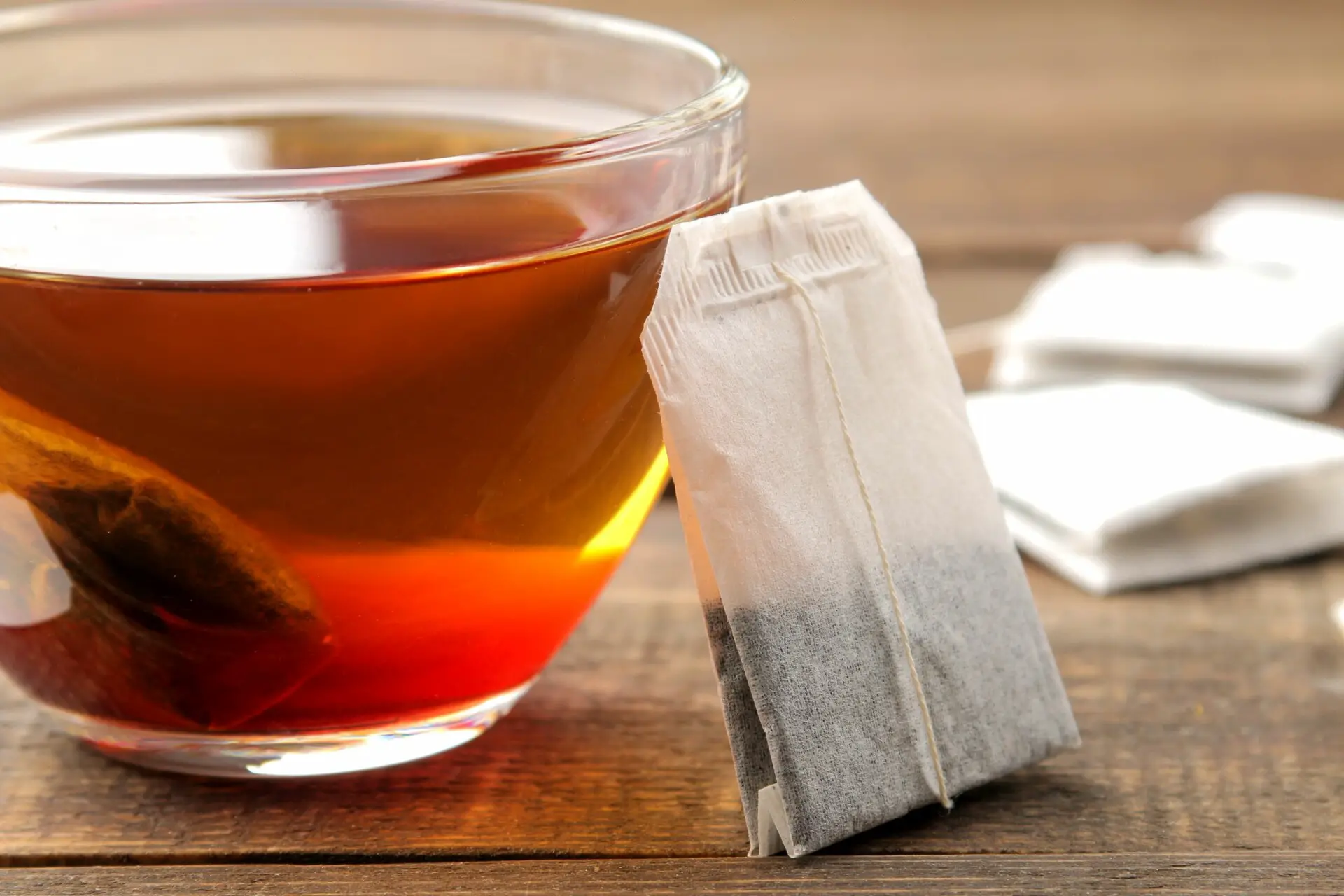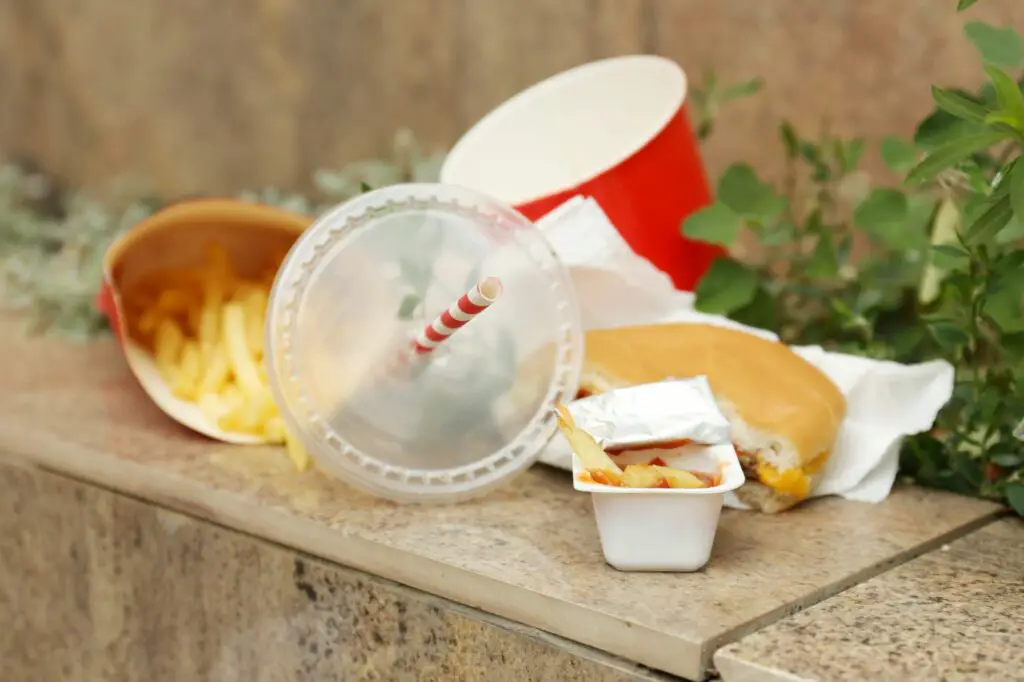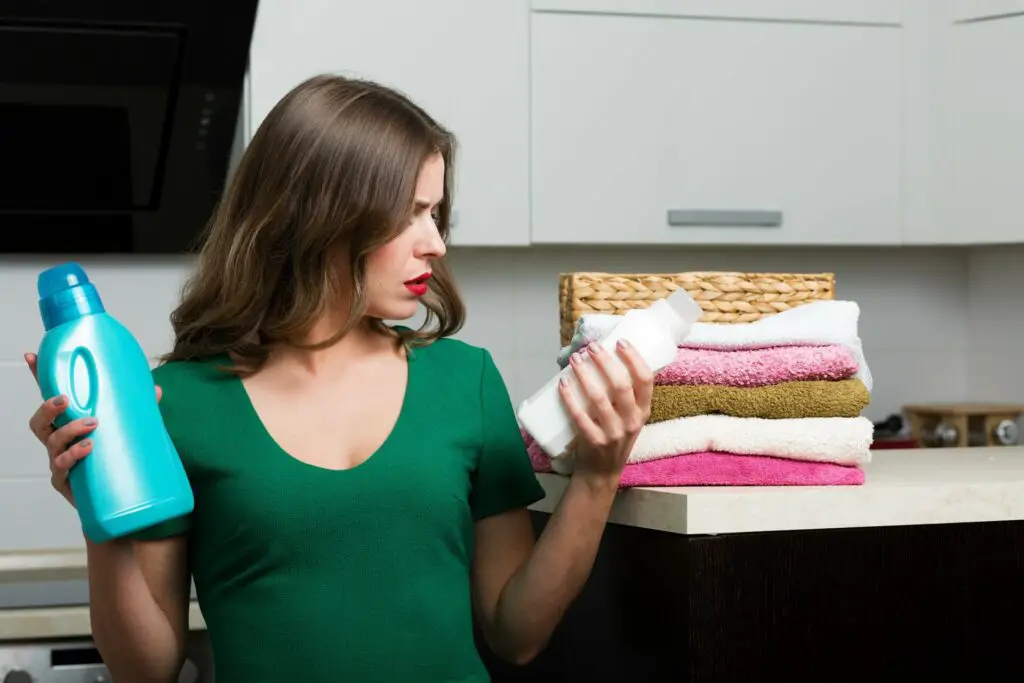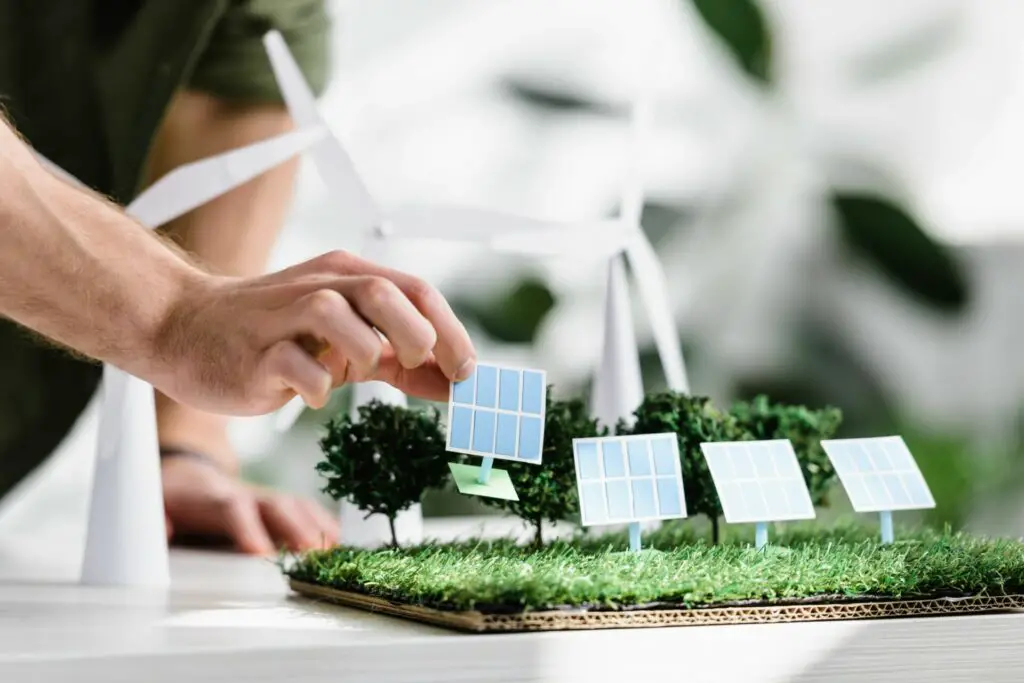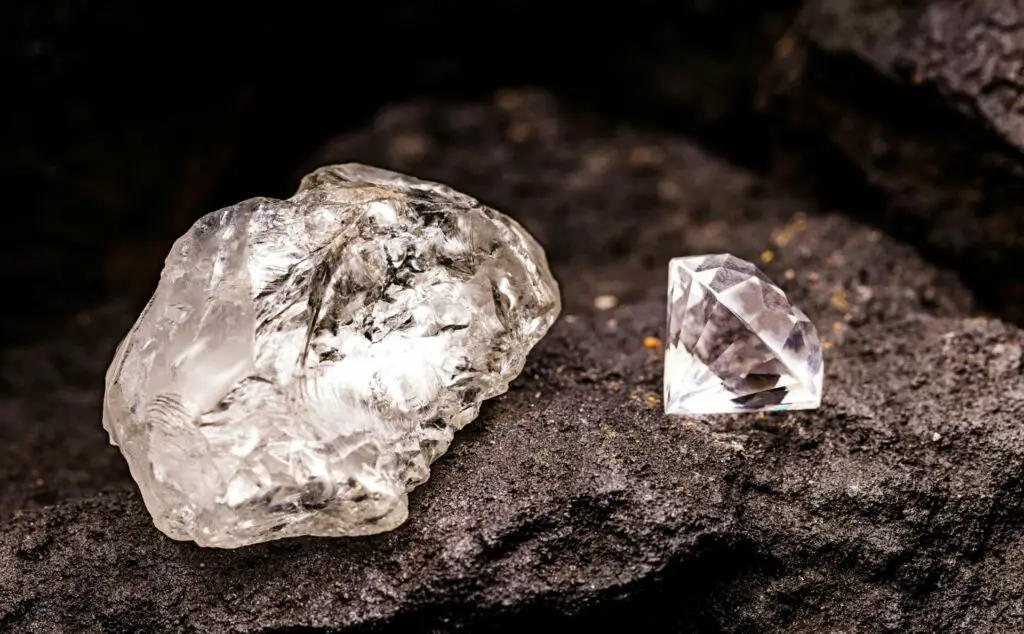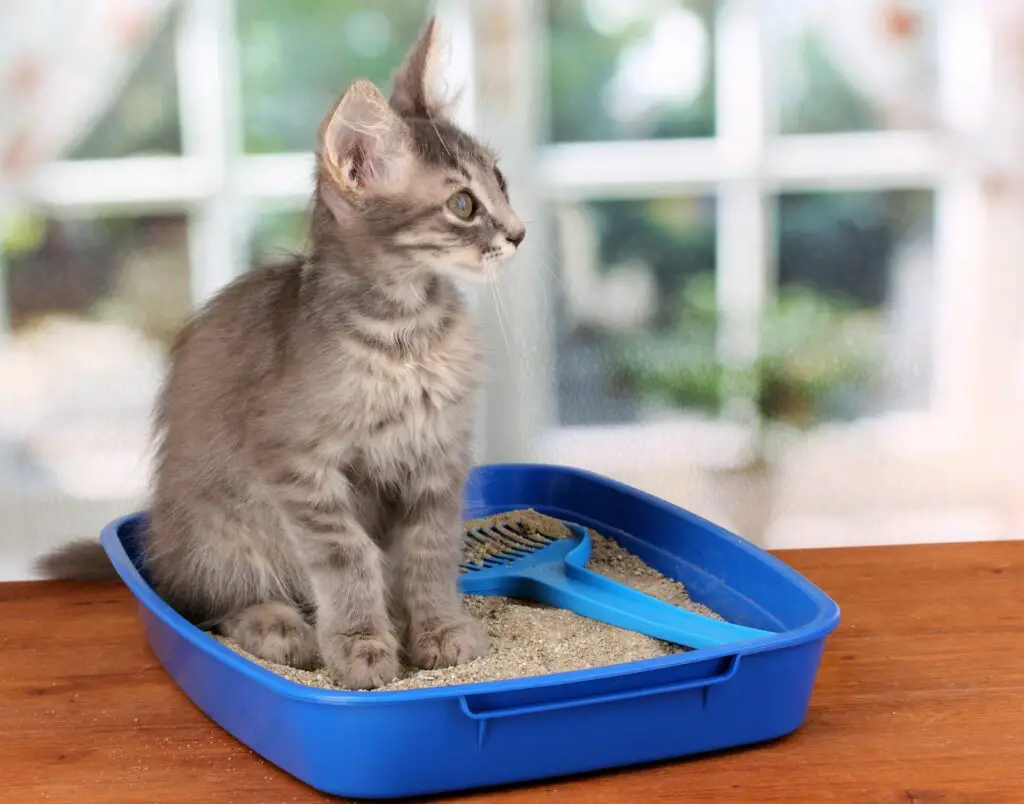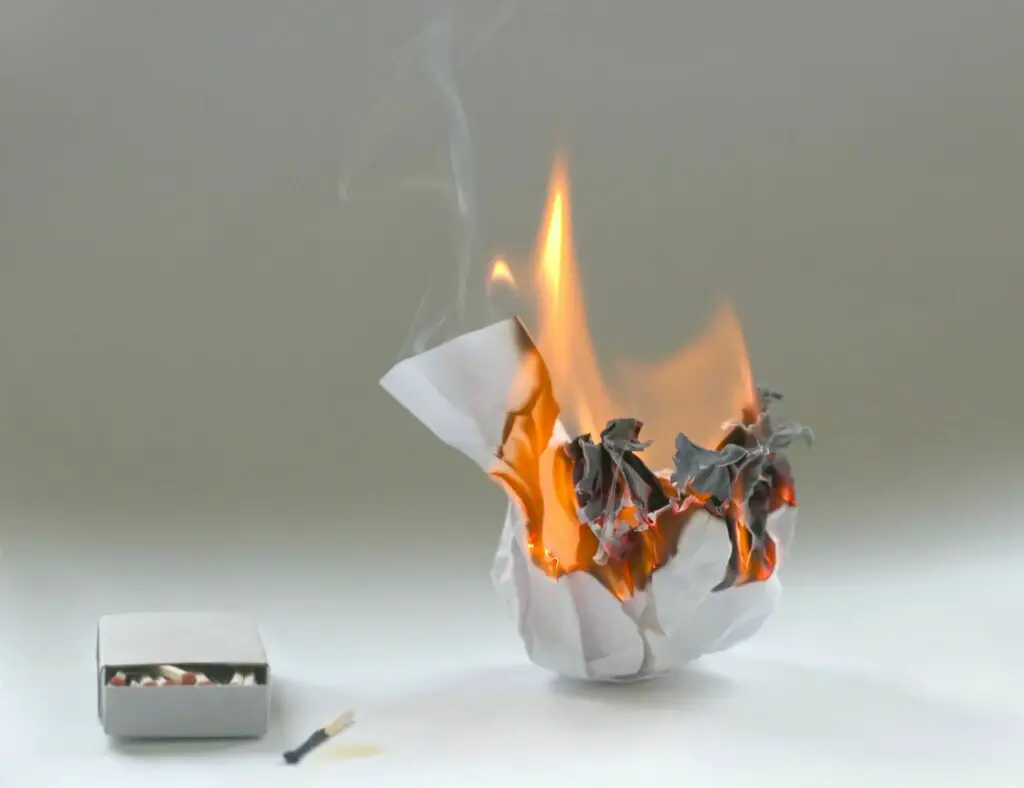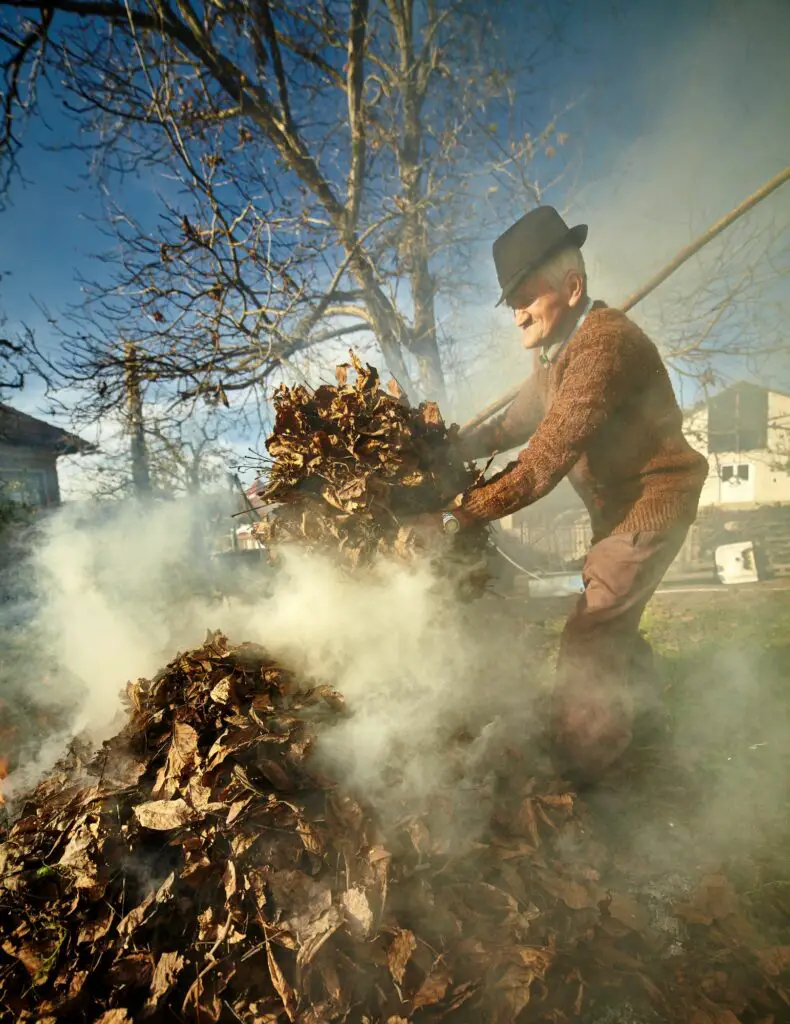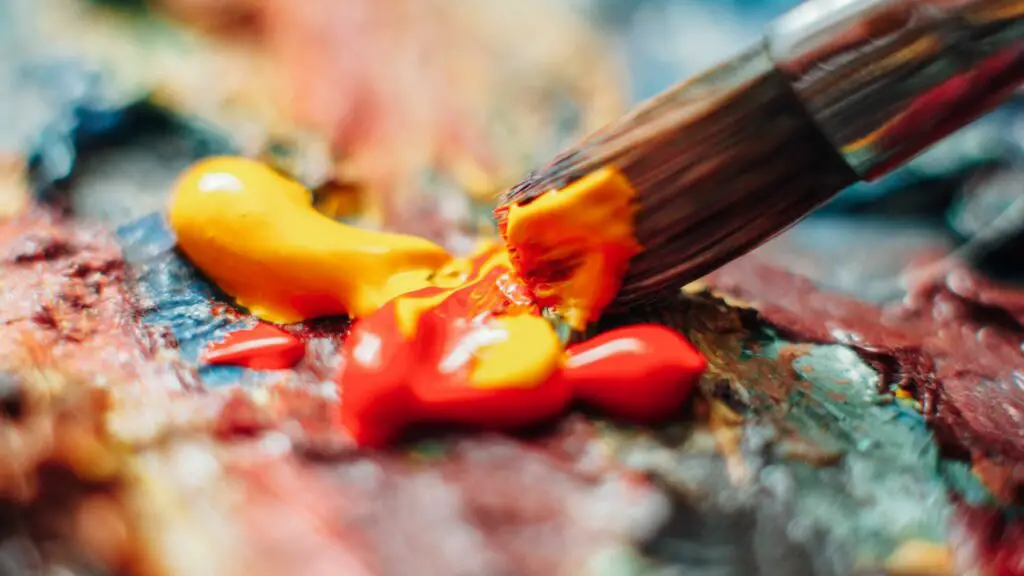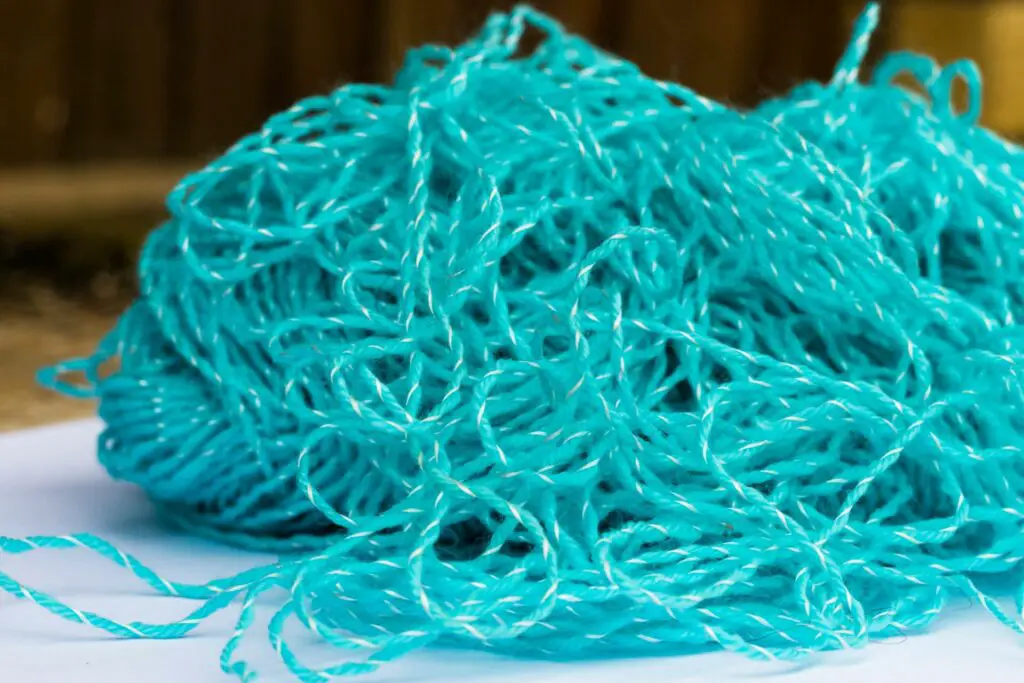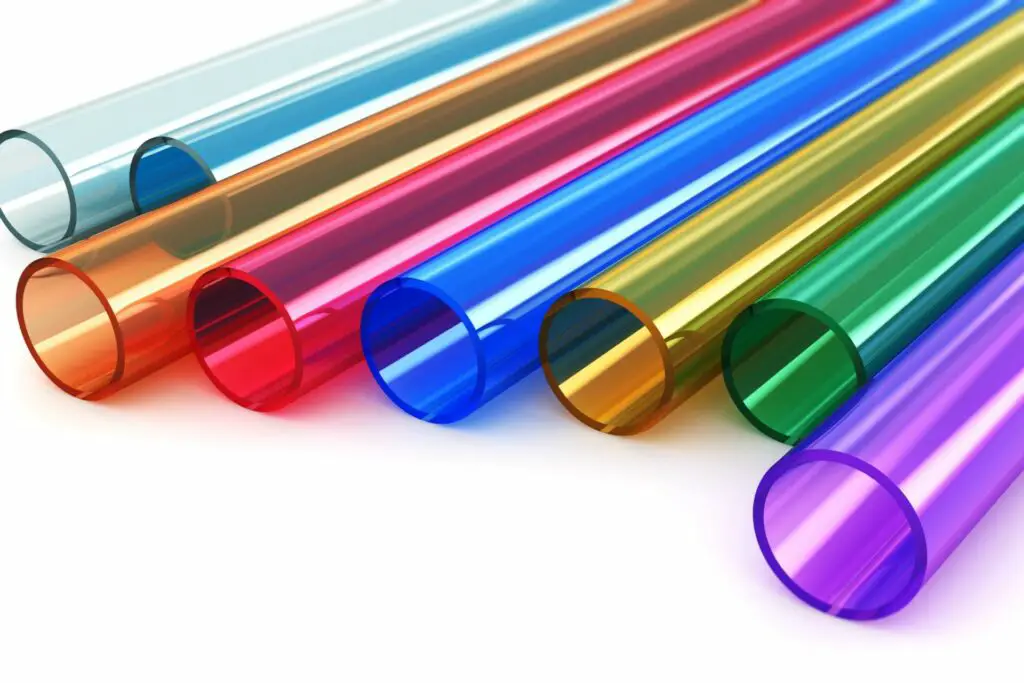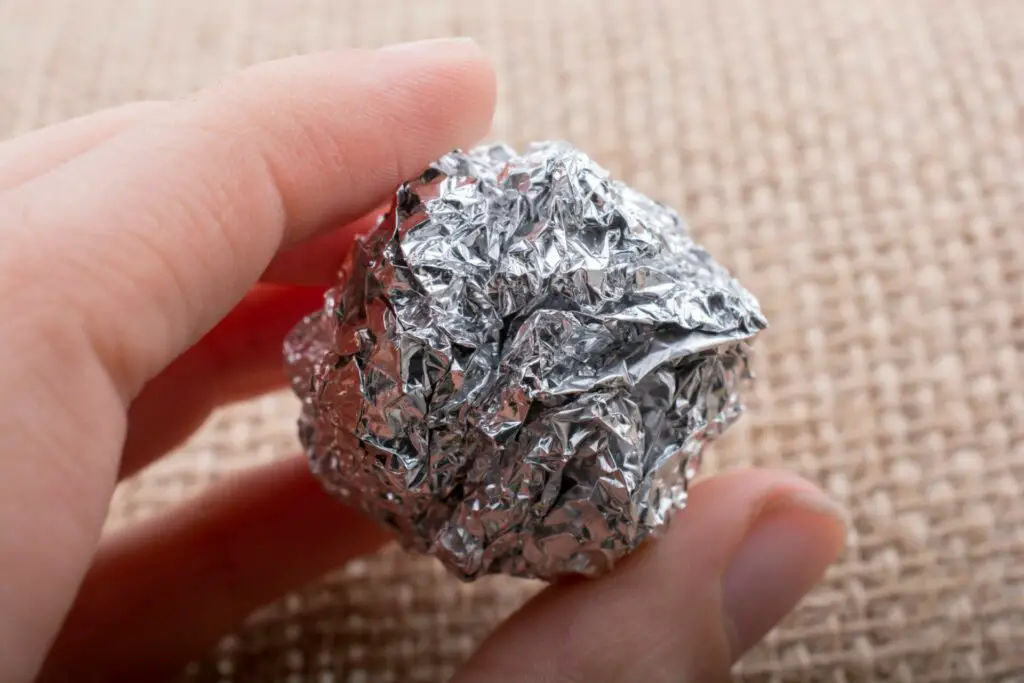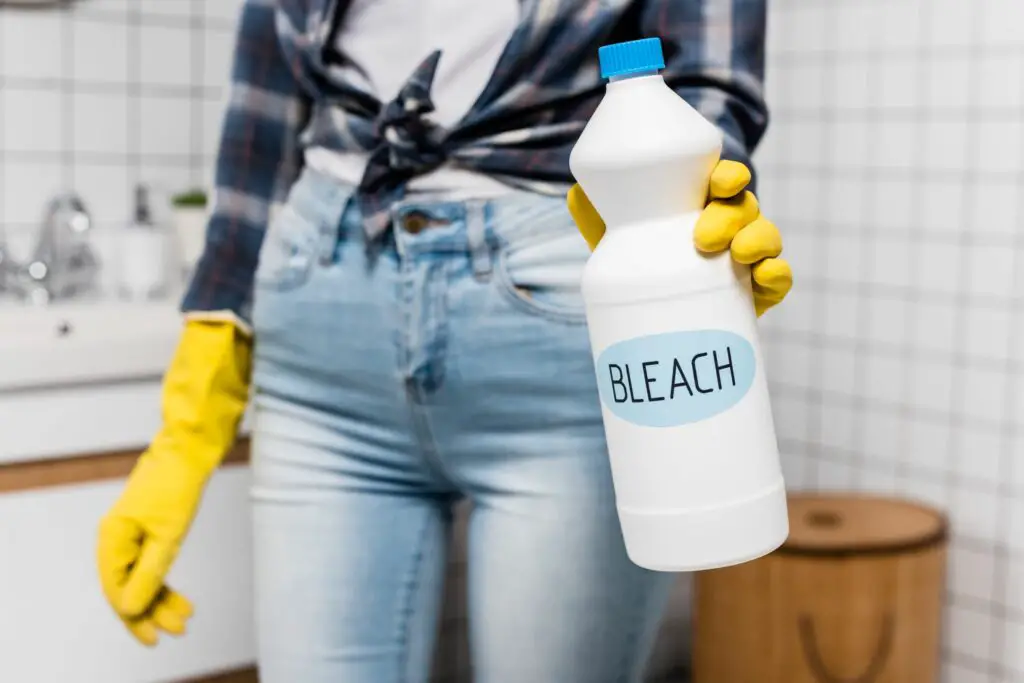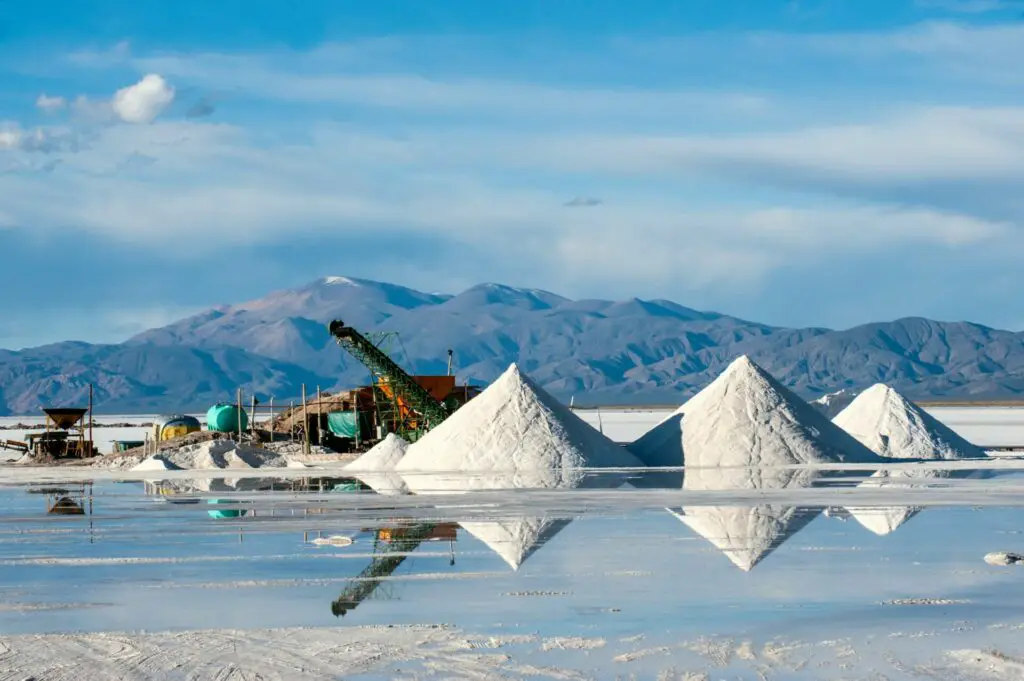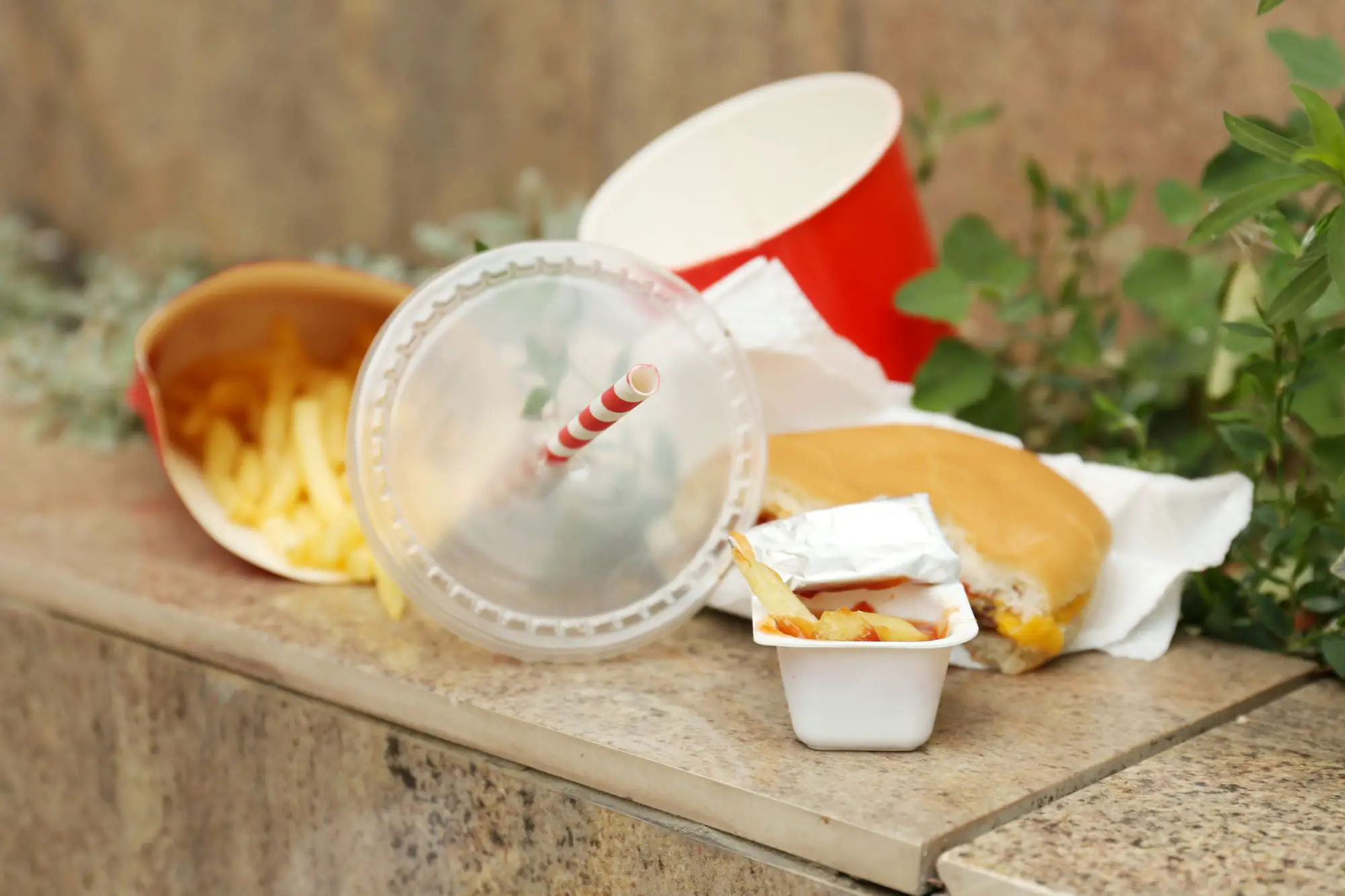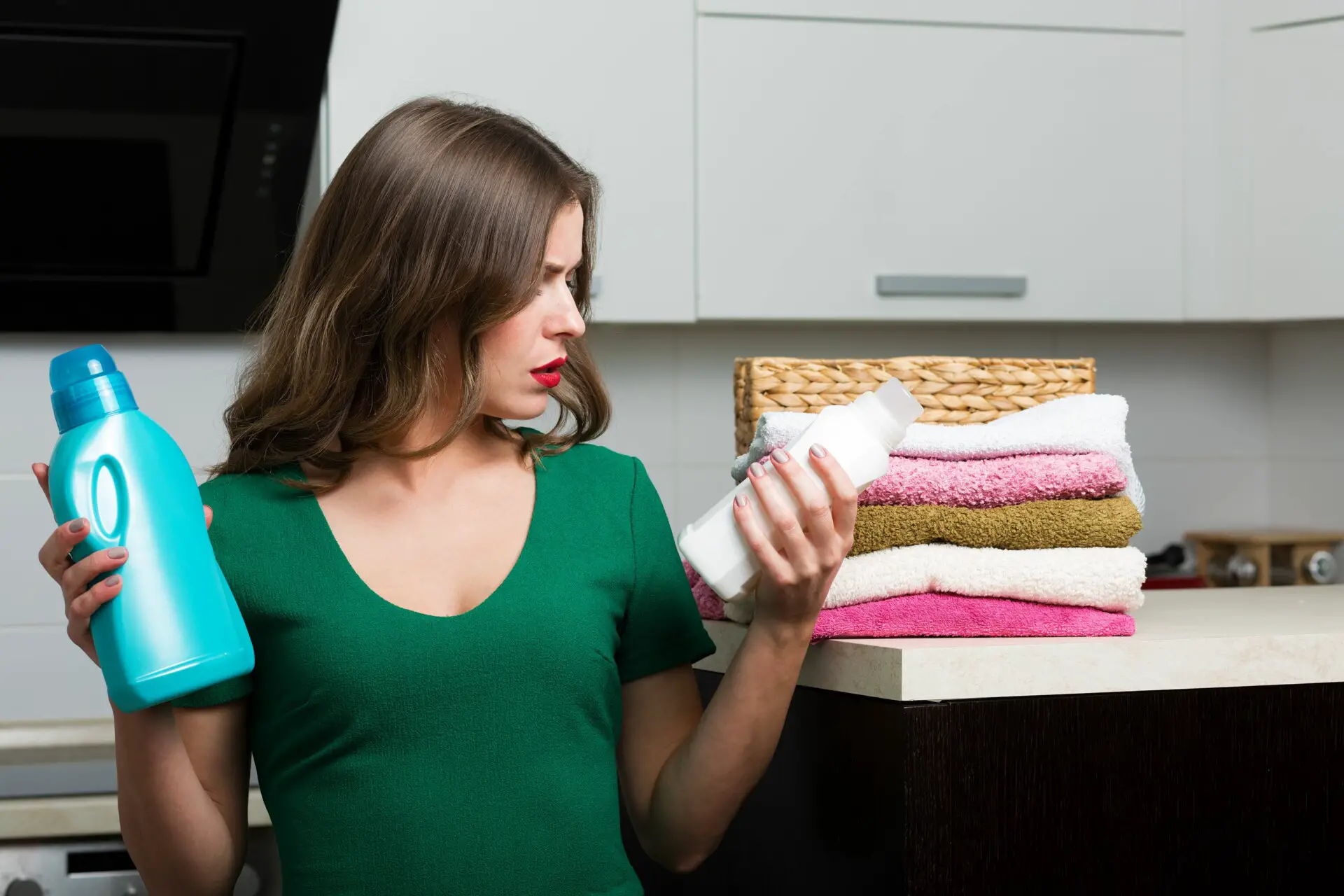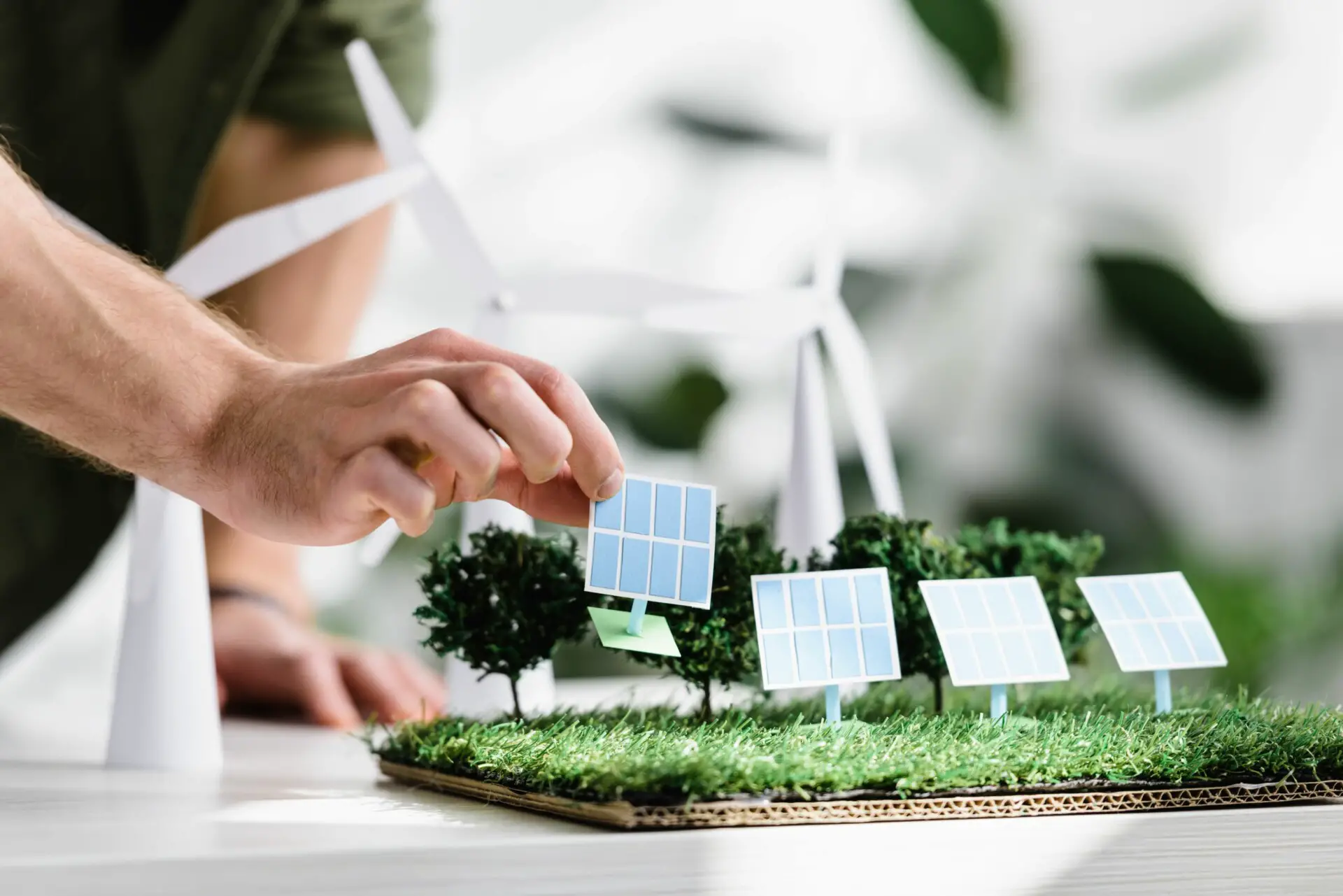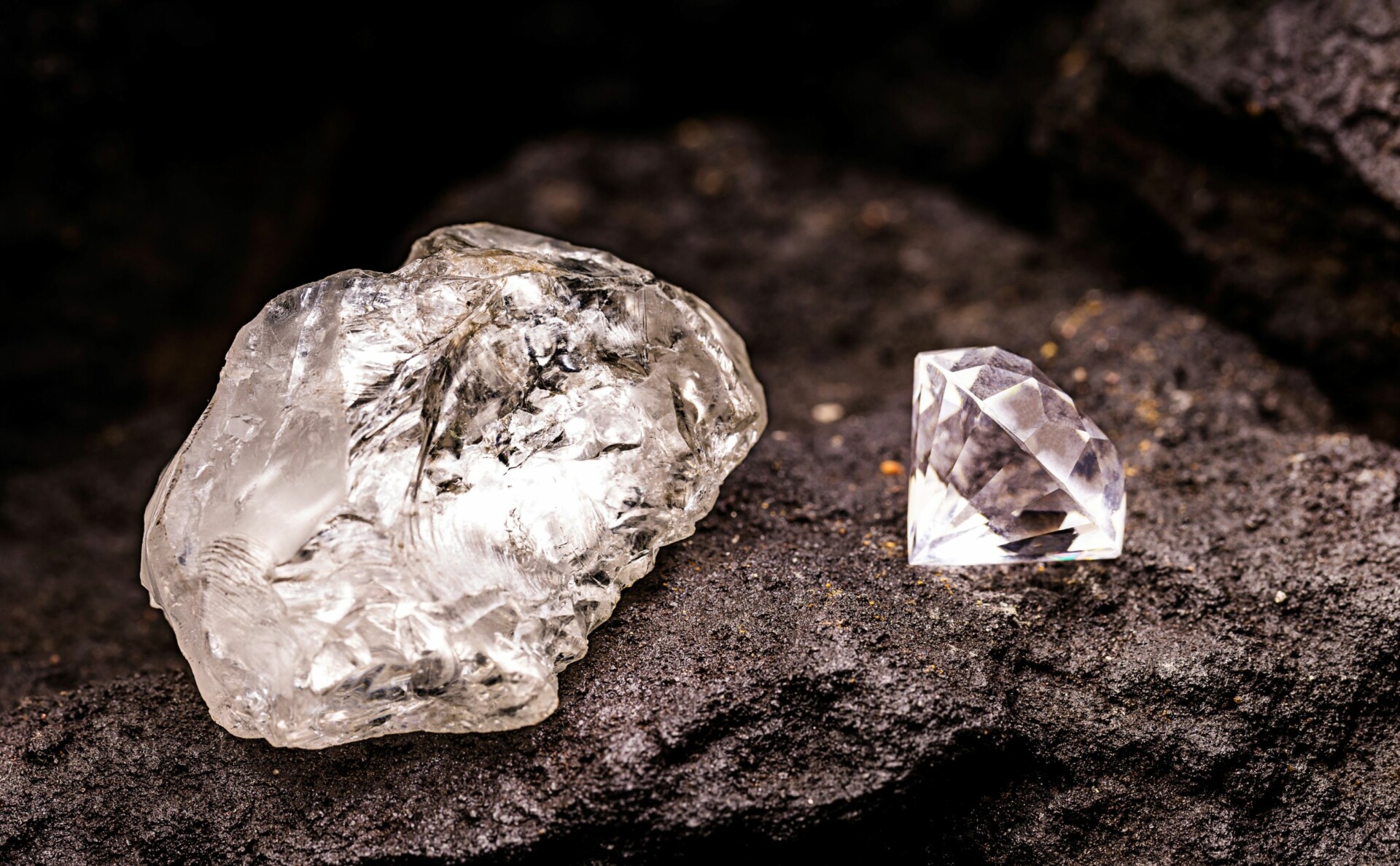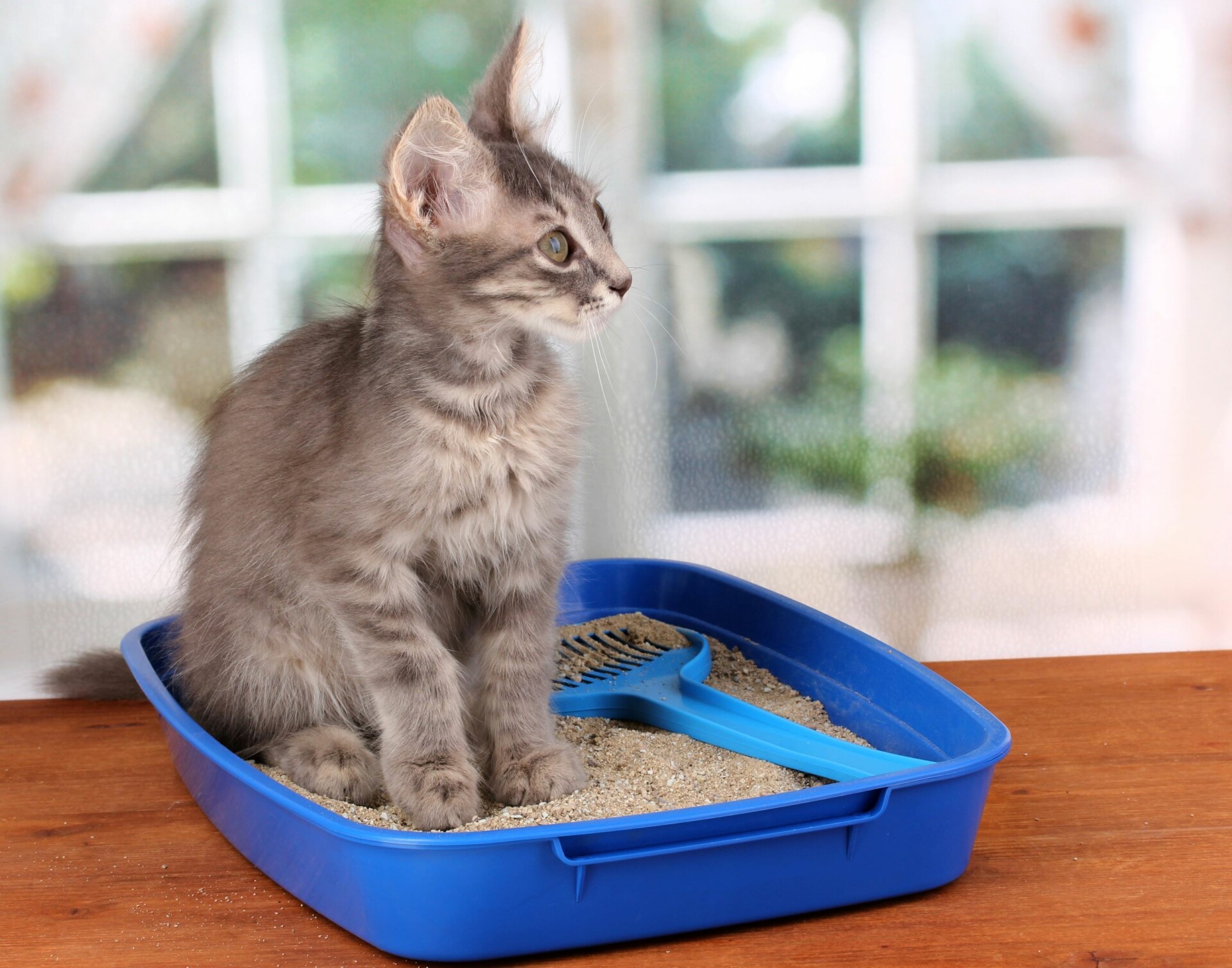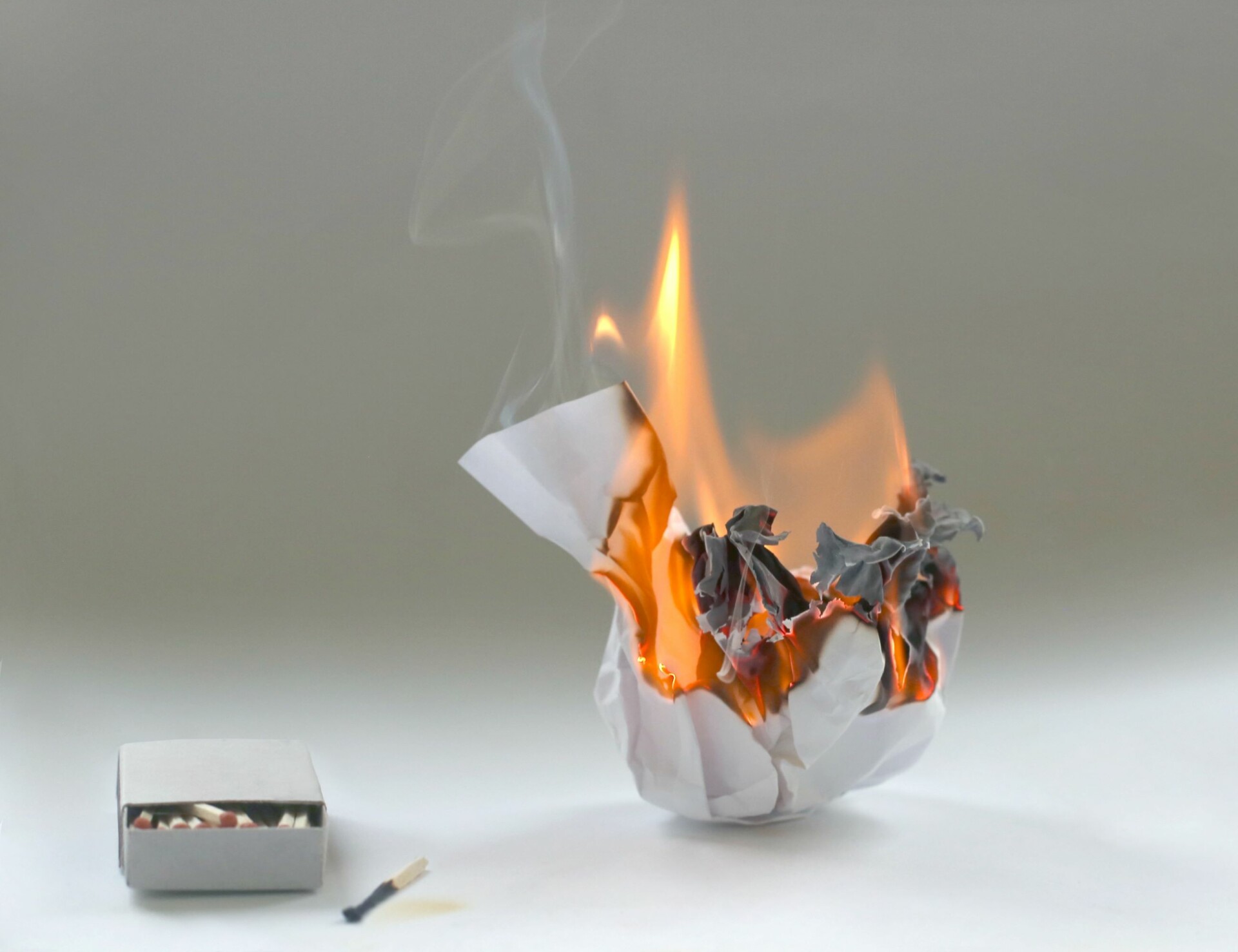Not too long ago, controversy arose on social media after many people learned for the first time that many tea bags contain plastic.
So, naturally, many people are concerned about whether tea bags are as sustainable as they initially thought.
Generally, they are not eco-friendly as many tea bags contain plastic.
Here’s what you need to know about brewing tea with sustainability in mind.
1. What Are Tea Bags Made Of?
The exact contents of a tea bag vary per brand.
Generally, tea bags are made from paper filters, hemp filters, or cotton muslin.
However, plastic filters are often woven through these materials to keep them from losing shape or breaking easily.
This plastic is often polypropylene. You might notice pyramid tea bags often feel firmer than other kinds of tea bags.
That’s because these tea bags are often made from nylon, another type of plastic.
2. Are Tea Bags Bad for the Environment?
Most teabags are bad for the environment because plastic is bad for the environment.
Unlike paper, cotton, and hemp, plastic is a non-renewable, non-biodegradable resource. It also accounts for around 4.5% of global greenhouse gas emissions.
Plastic tea bags should be disposed of in a general waste bin, which means they end up in landfills or are incinerated.
However, they can sometimes end up polluting oceans and waterways. From there, these can break into microplastics.
Microplastics can end up back in the human food chain when small fish consume these plastics, and then humans eat the fish.
This can potentially cause health issues in humans, such as poor gut health and inflammation.
Some brands add bioplastic to their tea bags instead of regular plastics, but bioplastics are not always as green as they seem.
They are typically made from plant-based materials rather than petroleum, which sounds promising.
Growing plants for bioplastics requires a lot of land use and can cause pollution due to using fertilizers.
Bioplastics can still contribute to plastic pollution if they are not disposed of properly.
Plus, tea bags are generally single-use items, so there is always a demand to create new tea bags, which requires energy and resources.
3. Do Tea Bags Contain Plastic?
Many kinds of tea bags contain plastic, but not all of them. Pyramid tea bags are usually almost entirely made of plastic.
Teabags that appear to be made from cotton or paper are often intertwined with plastic mesh or are sealed shut with plastic.
So, if you want to find plastic-free teabags, opt for ones clearly stating this on the label.
4. Are Tea Bags Recyclable?
Tea bags are not recyclable, regardless of whether they contain plastic.
Although paper is recyclable, the kind used for tea bags is too thin to make it into a new product.
Not to mention, it would already be contaminated by the tea leaves and water.
Although it is possible to recycle cotton, it is not easy to recycle, and many recycling facilities do not have the means to process it.
Plus, the teabags are too fragile to recycle, and it’s not always possible to separate the plastic from the cotton.
Polypropylene is recyclable, but these tea bags cannot go in a recycle bin either.
This is because they are typically mixed with other materials, and the tea bags are too fragile for a recycling facility to turn this material into a new product.
Although nylon is technically recyclable, it is difficult to do so. Nylon tea bags also cannot go in a recycle bin.
5. Are Tea Bags Reusable?
Most standard tea bags are not reusable.
Many people will brew tea with the same tea bag twice to reduce waste, but the tea will be weaker.
You cannot open and reseal regular tea bags if you want to add more tea leaves.
6. Are Tea Bags Biodegradable?
Plastic-free tea bags are biodegradable, as paper, hemp, cotton, and tea leaves are natural materials. Teabags containing plastic are not biodegradable.
Bioplastics are technically biodegradable, but many only break down in certain conditions. Many bioplastics can only degrade in industrial composting facilities.
Should bioplastic tea bags end up in landfills or are even dumped in the environment, they are unlikely to break down.
They can even release methane, which is a potent greenhouse gas.
7. Are Tea Bags Compostable?
Plastic-free tea bags are compostable, such as pure hemp, paper, or cotton tea bags.
Plastic is not compostable as it can potentially leach chemicals into the environment.
When it comes to bioplastic tea bags, they are not always suited for home composting.
Unless the packaging explicitly states they are suited for a home compost bin, they are usually only compostable via industrial composting.
This process heats items unsuited for home composting to a high temperature so microbes can break them down.
8. Are Tea Bags Toxic?
Some tea bags may be toxic. A lot of tea bags are bleached with chlorine.
Compounds known as chlorinated dioxins can leach into foods and drink from bleached paper products.
This may have an adverse effect on human health, such as an increased risk of cancer or a poor immune system.
Polypropylene is considered safe for use in food packaging.
Research on nylon sausage casings found chemicals did migrate through the plastic.
When it comes to tea bags, research found plastic tea bags can shed micro and nano plastics into the drink.
As mentioned earlier, consuming microplastics can be harmful to human health.
In the environment, plastic can release harmful chemicals when it eventually degrades.
9. Are Tea Bags Sustainable?
How sustainable tea bags are depends on what they are made from, but generally, they are not very sustainable.
Using non-renewable materials such as plastic is not sustainable because these resources will run out eventually.
Plastic production also has a high carbon footprint, accounting for almost 5% of emissions worldwide.
Although paper, cotton, and many bioplastics are renewable, there are still environmental concerns about using these.
While cotton is renewable, it is not the most sustainable crop. Cotton is usually treated with pesticides, which can pollute the surrounding environment.
Cotton also needs a lot of water. Approximately 2,642 gallons of water are required to produce only 1 kg of cotton.
While paper is also renewable, it takes decades for trees to mature, so it takes a very long time to replace the trees used for paper production.
Mature trees store carbon, which is released when they are cut down, so this is not particularly sustainable.
With that said, paper filters are not always made from trees. They are commonly made from abaca hemp.
This is a natural, biodegradable, renewable resource. Hemp typically matures within months, so it is easier to replenish than trees.
Hemp uses substantially less water than cotton, requiring roughly 300 to 500 per kilogram, and does not usually require a lot of pesticides or herbicides.
The downside is many hemp tea bags contain plastic.
10. How to Dispose of Tea Bags Properly?
If you have plastic-free teabags, like pure cotton tea bags, you can put them in your home compost bin.
As for plastic tea bags, you can cut them open and put the tea leaves in the compost bin. Then discard the bag in your general waste bin.
11. What Are Eco-Friendly Alternatives to Tea Bags?
Reusable Tea Bags
Reusable tea bags are mesh bags, typically made from cotton.
These bags are typically opened and closed with a drawstring.
You can add as many tea leaves as you like and wash the bag after brewing.
Tea Strainer
A tea strainer can also be used in place of a tea bag – these are usually made from metal or plastic.
While metal has a high carbon footprint, switching to reusable items means there is less demand to produce new products.
This saves energy in the long run and reduces single-use waste.
Teapot With a Basket Strainer
A teapot with a strainer saves on using tea bags as you add the desired amount of tea leaves to the basket.
You can pour a cup of tea without having any tea bags or other kinds of strainers in your cup.
You Might Also Like…
- Is Fast Food Bad for the Environment? (& What You Can Do)
- Is Fabric Softener Bad for the Environment? (+5 Eco-Friendly Options)
- Is Fuel Dumping Bad for the Environment? (& How Often It Happens)
- Is Electricity Generation Bad for the Environment? (What You Should Know)
- Is Dry Cleaning Bad for the Environment? (4 Surprising Facts)
- Is Diamond Mining Bad for the Environment? (Important Facts)
- Is DEET Bad for the Environment? 4 Effects (You Should Know)
- Is Cat Litter Bad for the Environment? (5 Common Questions)
- Is Burning Cardboard Bad for the Environment? (6 Facts)
- Is Burning Paper Bad for the Environment? (6 Surprising Facts)
- Is Burning Leaves Bad for the Environment? (7 Quick Facts)
- 4 Natural Cleaners for Quartz Countertops
- 6 Eco-Friendly Acrylic Paint Brands (For Sustainable Artists)
- 5 Eco-friendly Alternatives to Acrylic Paint (& How to Make Them)
- Is Acrylic Paint Bad for the Environment? (7 Quick Facts)
- Is Acrylic Yarn Bad for the Environment? 8 Crucial Facts
- Is Acrylic Bad for the Environment? (8 Quick Facts)
- Is Aluminum Foil Bad for the Environment? 7 Quick Facts
- Is Bleach Bad for the Environment? 6 Crucial Facts
- Is Lithium Mining Bad for the Environment? 6 Crucial Facts

